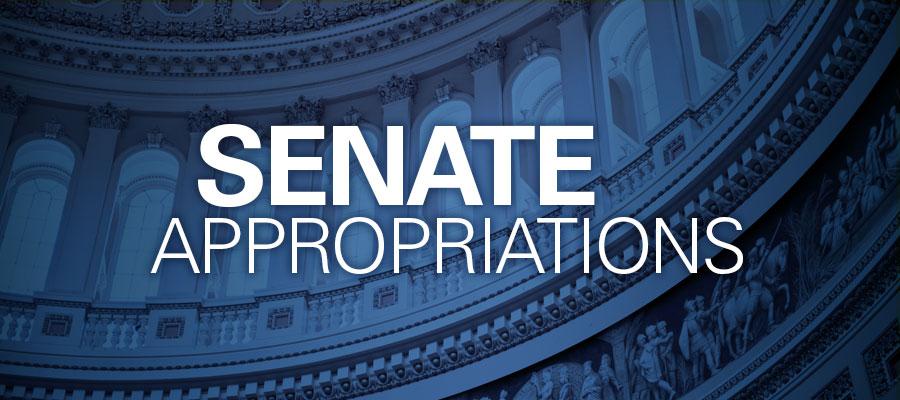Senate passes Defense-Labor-HHS funding package

The Senate today voted 93-7 to pass legislation that would provide $178.1 billion in discretionary funding for the departments of Defense, Labor, Health and Human Services, and Education in fiscal year 2019 and extend current funding levels for other federal programs until Dec. 7. According to appropriations leaders, the package would provide $90.5 billion for HHS, $2.3 billion more than this year. Specific increases include $2 billion more for the National Institutes of Health; $584 million more for the Substance Abuse and Mental Health Services Administration; $206 million more to combat the opioid crisis; $187 million more for mental health research, treatment and prevention; $133 million more for public health preparedness; $27 million more for rural health programs; $25 million for a new program to support and expand graduate medical education at public institutions of higher education with a projected physician shortage in 2025; and $10 million more for the Children’s Hospitals Graduate Medical Education program. The House is expected to vote on the funding package when it returns from recess next week.
